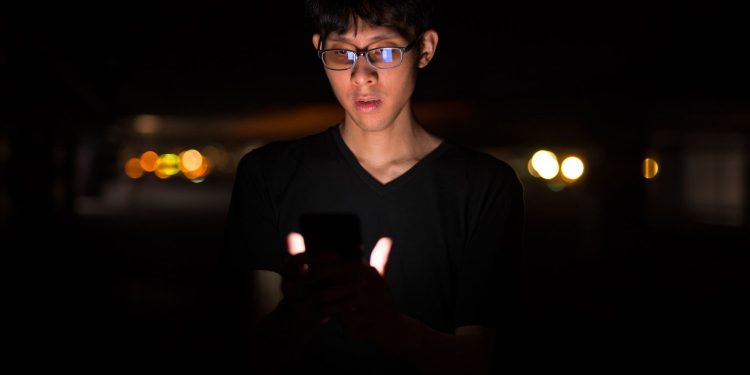As we navigate through 2023, the power and reach of influencers continue to grow, but with it comes a host of challenges and controversies. While social media has undoubtedly transformed how we consume beauty products, it has also led to a proliferation of sponsored content, fake reviews, and unrealistic beauty standards.
In this post, we’ll delve deeper into the challenges that the beauty industry faces in this era of influencer marketing. We’ll also examine the implications for consumers, brands, and influencers.
So, buckle up as we navigate the murky waters of influencer culture and its impact on the beauty industry.
The Negative Impact
One of the major issues plaguing influencer culture is the lack of authenticity and transparency. In a bid to keep up with the ever-increasing demands of their followers, many influencers exaggerate the benefits of the products they promote. This results in misleading marketing campaigns that affect the influencer’s credibility and the reputation of the brand they are promoting.
Moreover, influencer culture has led to a big shift in consumer behaviour. With the rise of social media, consumers have become increasingly dependent on influencer recommendations, some of whom promote unrealistic beauty standards. This has created a new kind of highly edited beauty ideal that is not necessarily reflective of reality.
Influencer fraud is also a growing concern within the beauty industry. Brands are now realising that the number of followers an influencer has doesn’t necessarily translate to real engagement or influence. Today’s influencers buy fake followers or inflate their engagement numbers, leading to ineffective marketing campaigns and consumer distrust.
Finally, the highly curated and edited images of influencers can create unrealistic beauty standards, leading to dissatisfaction and low self-esteem among consumers. This dangerous trend must be addressed to promote a healthy and positive body image worldwide.
The Challenges
Brands that partner with influencers must ensure the content is authentic and not overly edited. For instance, in 2022, cosmetic giant L’Oreal Paris faced backlash when accused of using filters and editing to alter the appearance of their influencer’s skin in an Instagram post. The incident highlights the need for transparency and authenticity in influencer marketing.
The beauty industry must also address the lack of diverse representation in influencer marketing. The industry must ensure that it is inclusive and representative of all skin tones, body types, and genders. Take Fenty Beauty, for example. In 2022, the company was lauded for featuring various models in their marketing campaigns, showcasing its commitment to inclusivity.
The Solutions
To address the beauty industry’s challenges, we must implement solutions that promote ethical and sustainable marketing practices. Brands can work closely with influencers to ensure that they promote products that align with their values and that the content produced is not misleading or harmful.
Brands can also train influencers on how to create authentic content while influencers educate themselves on ethical marketing practices.
Additionally, the industry must set clear guidelines on ethical marketing practices and the consequences of non-compliance.
The Beauty Industry’s Ugly Truth
As we move forward, we should continue to examine the role that influencer culture plays in shaping our society’s values and beliefs. By remaining aware of the potential pitfalls and actively working to address them, we can ensure that this culture continues to evolve positively. With careful consideration and thoughtful action, we can create a beauty industry that is truly beautiful, both inside and out.






